Discover the benefits of IVF treatment and why it’s a good choice for infertility-suffering couples. In-vitro fertilization (IVF) is a reproductive procedure that has many different facets, advantages, success rates and commonly asked questions.
In vitro fertilization (IVF) has evolved as a cutting-edge assisted reproductive technology in recent years, giving hope to couples who are having trouble getting pregnant. IVF has for many people become the route to parenthood. But why exactly do people undergo IVF treatment? In this enlightening essay, we will delve into the numerous facets of IVF therapy, examine the factors that influence couples’ decisions to undergo it, and highlight its effectiveness and advantages.
What Is IVF?
Let’s first define IVF before we get into the factors that influence IVF treatment decisions. Assisted reproductive technology called in vitro fertilization, or IVF for short, involves fertilizing an egg with sperm outside the body. The odds of conception are raised by transferring the developed embryo to the woman’s uterus.

Reasons for Choosing IVF Treatment
1. Infertility Issues
Infertility is one of the main causes people think about getting IVF treatment. IVF can help couples who are having trouble becoming pregnant naturally achieve their goal of becoming parents. IVF provides a glimmer of hope for people with a variety of infertility issues., such as:
- Blocked Fallopian Tubes: IVF is suitable for women with blocked or damaged fallopian tubes because it does not require them to be open.
- Low Sperm Count: Men with low sperm count or motility issues can achieve fertilization through IVF.
- Endometriosis:IVF may be an effective treatment for women with endometriosis, a condition in which uterine tissue spreads beyond the uterus.
- Unexplained Infertility: When the cause of infertility is unclear, IVF can be an effective solution.
2. Age-Related Infertility
Women’s fertility naturally decreases as they become older. The use of donor eggs during IVF, if necessary, can increase the odds of a successful pregnancy for older women who desire to get pregnant.
3. Genetic Disorders
Pre-implantation genetic testing (PGT) is an option for IVF that couples having genetic diseases can use to prevent spreading the condition to their unborn child. PGT enables the selection of transferable, healthy embryos.
4. Repeated Pregnancy Loss
Miscarriages can be emotionally upsetting when they occur frequently. A successful pregnancy is more likely with IVF when PGT is used to identify chromosomally healthy embryos, which lowers the risk of miscarriage.
5. Fertility Preservation
Some people who are undergoing medical procedures that could impair their fertility, such as chemotherapy, may choose IVF in order to store their eggs or embryos for later use.
6. Same-Sex Couples and Single Parents
IVF gives same-sex couples and single parents the chance to conceive and nurture a child, so allowing them to realize their goal to have a family.
7. Unsuccessful Conventional Treatments
IVF is a good solution for couples who have tried various fertility treatments but have not been successful in becoming pregnant.
8. Controlled Ovarian Hyperstimulation (COH)
The use of COH, which is frequently combined with IVF, causes the ovaries to release more eggs, improving the likelihood of fertilization.
9. Male Infertility
It is possible to use IVF with Intracytoplasmic Sperm Injection (ICSI) to facilitate fertilization in cases of severe male infertility where sperm collection is difficult.
10. Tubal Ligation Reversal
If a woman has had a tubal ligation in the past and wants to get pregnant again, she may choose IVF rather than tubal reversal surgery.
Understanding IVF Success Rates

How successful is the process is one of the frequent queries surrounding IVF. The age of the woman, the underlying cause of her infertility, the number of embryos transplanted, and the clinic’s level of experience are some of the variables that affect IVF treatment effectiveness. In general, younger women succeed more often than older ones. To determine each person’s chances of success, it is imperative to speak with a fertility professional.
Benefits of IVF Treatment

- Higher Pregnancy Success Rates: IVF increases pregnancy chances, especially for couples who are struggling with complicated reproductive challenges. The possibility of a successful pregnancy is increased by the capacity to choose viable embryos through PGT.
- Multiple Cycle Options: IVF gives hope to couples who are motivated to have children by allowing the flexibility of additional cycles if the initial attempts are unsuccessful.
- Fertility Evaluation and Diagnosis: In-depth fertility assessments and diagnoses are performed before IVF is started to make sure the best treatment strategy is developed.
- Reduced Risk of Multiple Pregnancies: The likelihood of multiple pregnancies (such as twins or triplets) has considerably decreased thanks to improvements in IVF procedures, making pregnancies safer.
- Controlled Environment for Embryo Development: The chances of successful implantation are increased because of IVF, which enables embryologists to precisely monitor embryo growth in a controlled lab environment
- Option for Genetic Testing: PGT makes it possible to detect genetic flaws in embryos before implantation, which lowers the danger of passing on inherited disorders.
- Addressing Male Infertility: Direct sperm injection into the egg is made possible by ICSI, which is utilized in IVF to address male infertility.
- Fertility Preservation: IVF gives patients enduring medical procedures that can harm their reproductive health the chance to preserve their fertility.
- Empowerment and Emotional Support: In order to assist couples manage the emotional difficulties of infertility, IVF facilities frequently offer couples counseling and emotional support during the course of treatment.
When Is IVF Recommended?
Failed Conventional Treatments: IVF could be suggested as the next course of action when other reproductive treatments have failed to produce viable pregnancies.
Advanced Maternal Age: IVF may be suggested for women over 35 due to the normal fall in fertility with age.
Tubal Factors: Women who have blocked or damaged fallopian tubes may be advised to undergo IVF.
Male Infertility Issues: IVF with ICSI may be recommended for couples who are experiencing male infertility issues, such as low sperm count or motility issues.
Unexplained Infertility: Numerous fertility tests may be performed on a couple in some circumstances, but the reason for their infertility is sometimes still unknown. For couples dealing with this upsetting circumstance, IVF offers a helpful alternative and raises the possibility of a successful pregnancy.
Genetic Disorders: IVF with PGT may be advised for couples who have genetic diseases in order to prevent passing the condition to their children.
PCOD vs PCOS: How Are They Different? 2023
FAQs: Having IVF Treatment
Q: Is IVF painful?
A: IVF causes some discomfort, however, the operation itself is usually not uncomfortable. Patients may feel mild cramping or bloating while undergoing the procedure, but the medical staff will take care to keep them comfortable at all times.
Q: What are the success rates of IVF treatment?
A: IVF success rates might vary depending on a number of variables, including age, the underlying cause of infertility, and general health. IVF success rates normally vary from 40% to 50%.
Q: Are there any risks associated with IVF treatment?
A: IVF does have some risks just like any medical procedure. Multiple pregnancies, ovarian hyperstimulation syndrome (OHSS), and ectopic pregnancies are the most frequent concerns. IVF, however, is typically regarded as secure when carried out by qualified medical personnel.
Q: Can IVF guarantee a pregnancy?
A: While IVF greatly increases the likelihood of conception, it may not always result in a healthy pregnancy. Success rates can vary depending on a person’s qualities and their medical situation.
Q: Are there any lifestyle changes recommended during IVF treatment?
A: It is advised to lead a healthy lifestyle during IVF therapy, which includes a balanced diet, regular exercise, and stress reduction. Avoiding caffeine intake that is too high and alcohol consumption may also be advantageous.
Q: Can I choose the gender of my baby through IVF?
A: Gender selection through IVF is permitted legally in some nations for medical purposes, such as the prevention of genetic diseases. Understanding the laws and rules governing this activity in your particular place is crucial, though.
Conclusion: Having IVF Treatment
IVF treatment has transformed the area of fertility medicine and given many people and couples throughout the world hope and happiness. IVF is chosen for a variety of reasons, including emotional, psychological, and personal factors. The future appears more promising for people starting their journey to motherhood through assisted reproductive procedures as IVF technology continues to progress. You should keep in mind that every woman’s reproductive journey is different, and speaking with a skilled fertility specialist can help you decide if IVF is the best option for you.

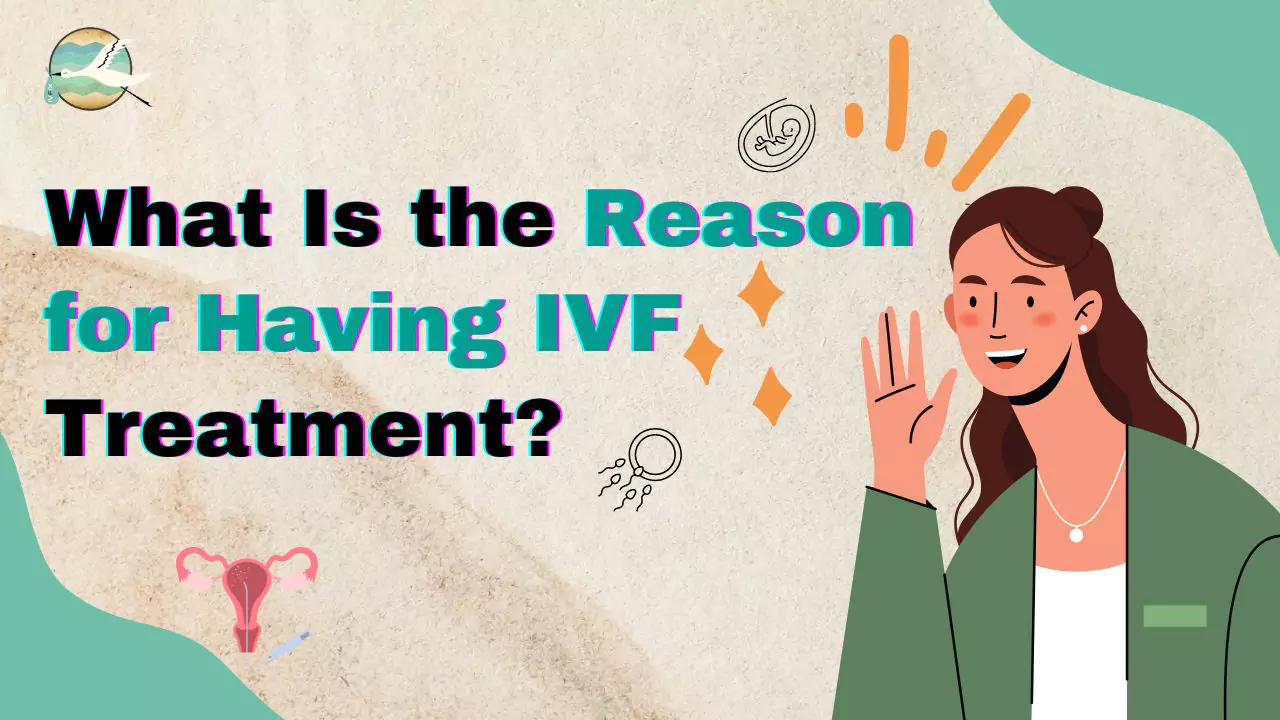

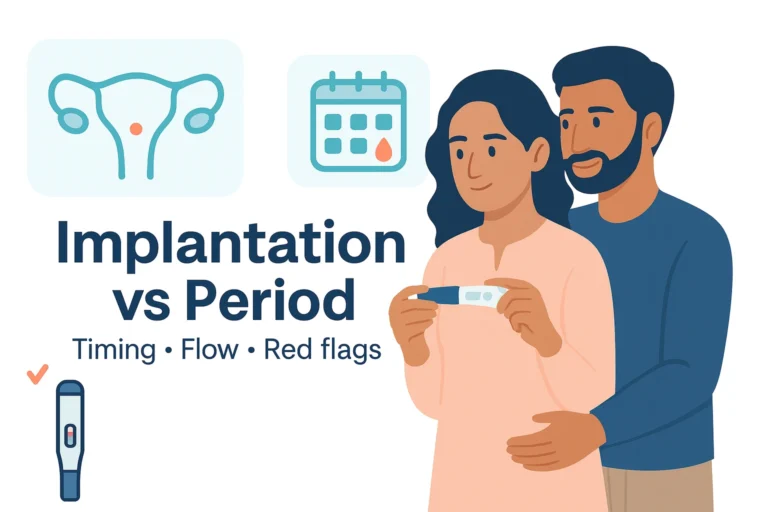
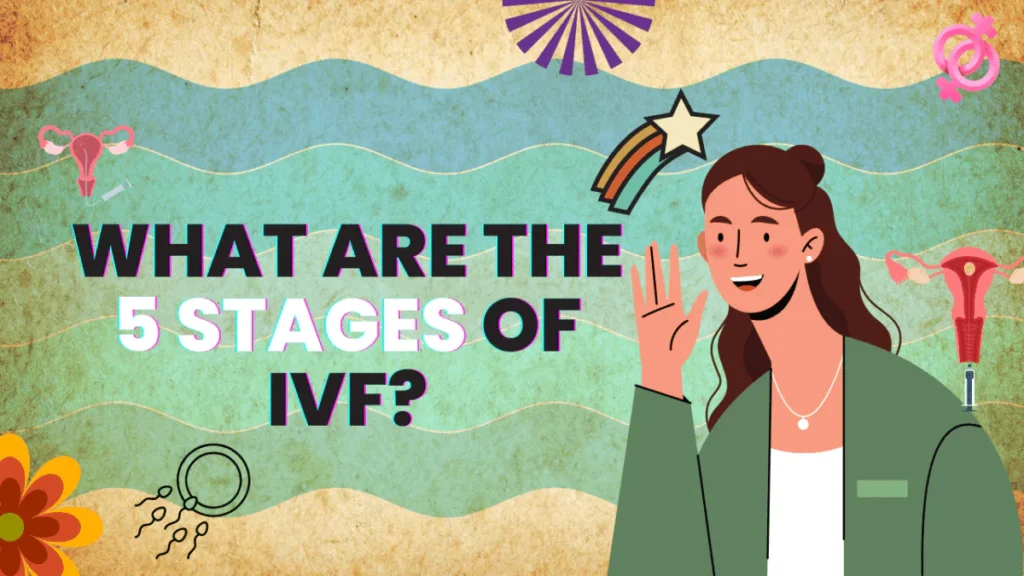

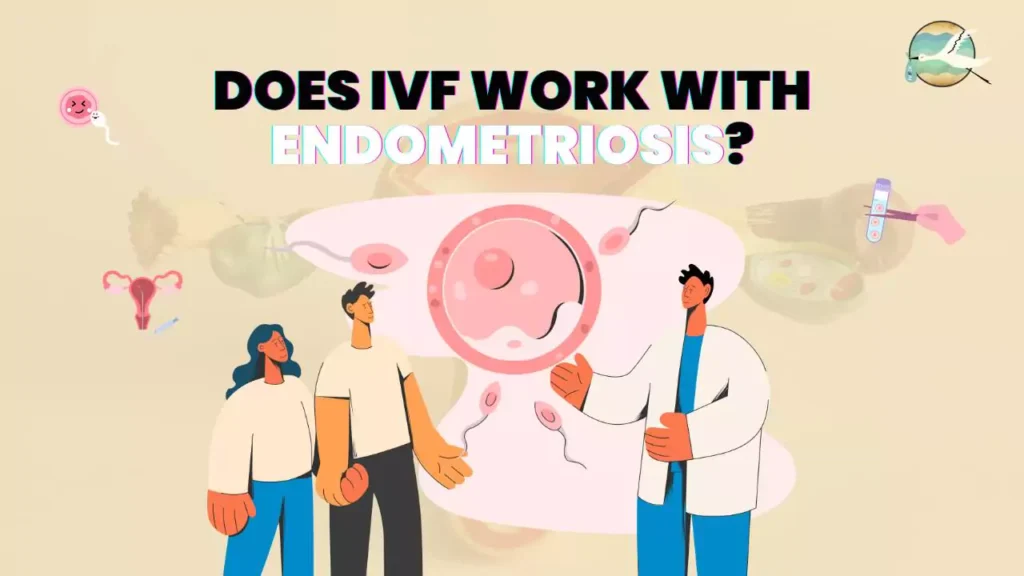
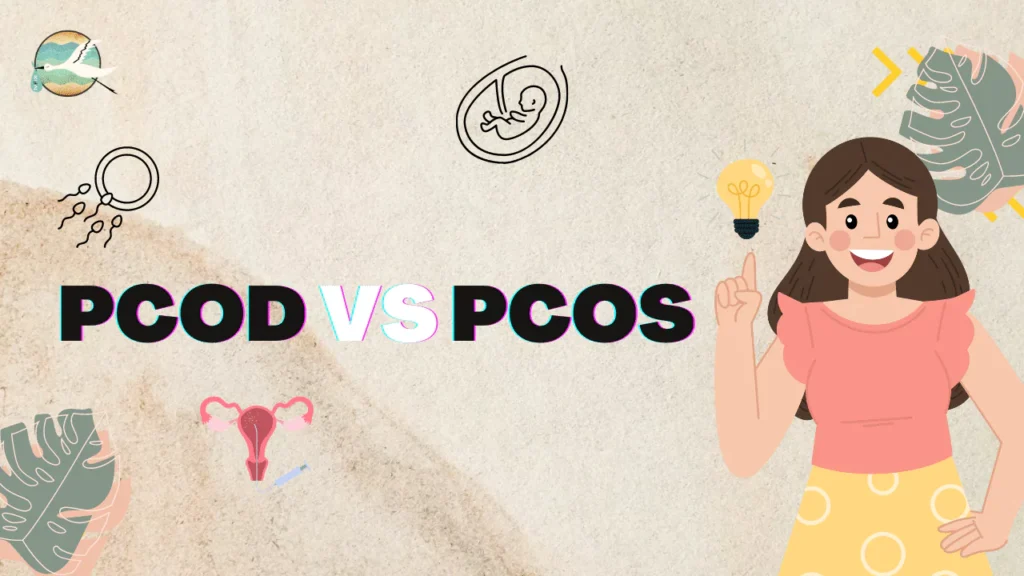
[…] What Is the Reason for Having IVF Treatment? […]
[…] Also Read: What Is the Reason for Having IVF Treatment? […]
[…] Also Read: What Is the Reason for Having IVF Treatment? […]